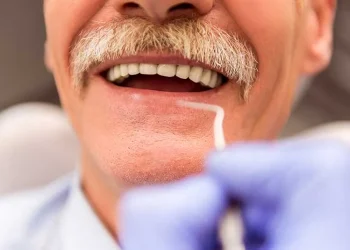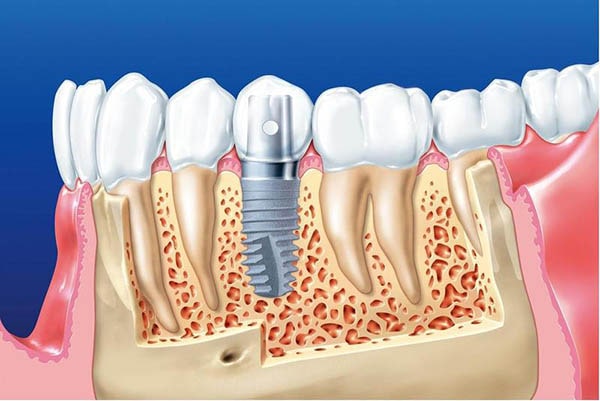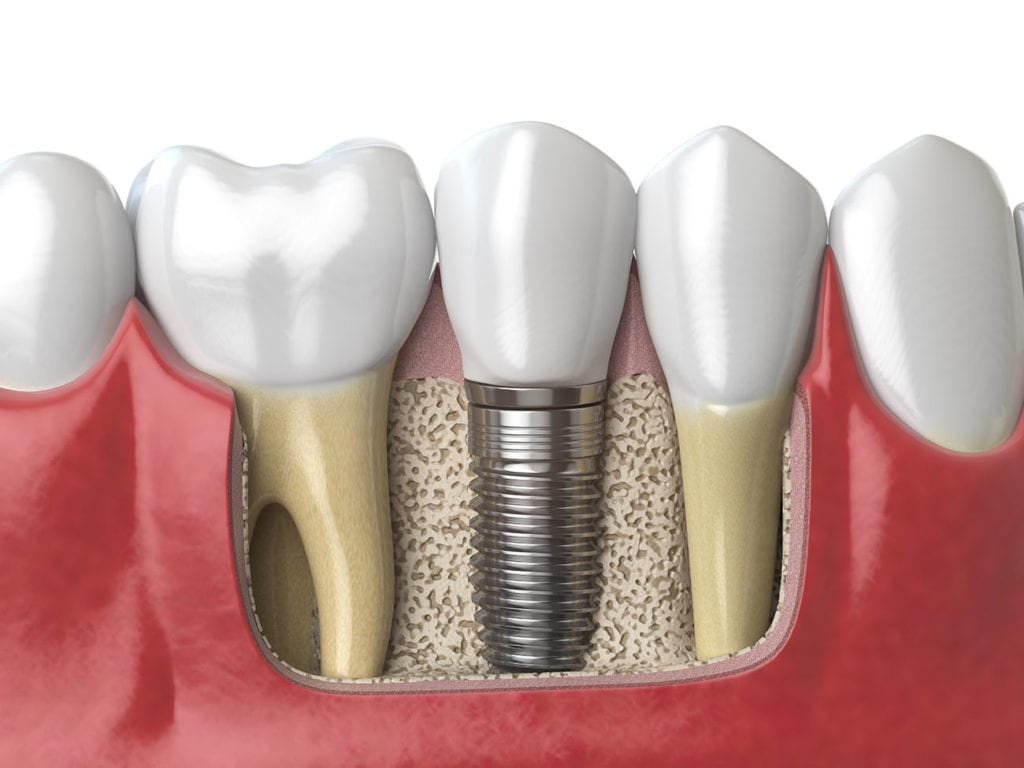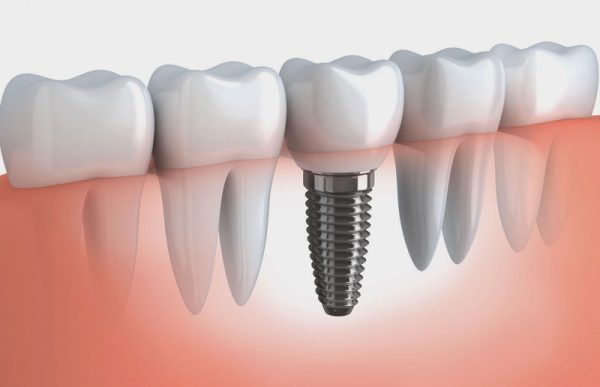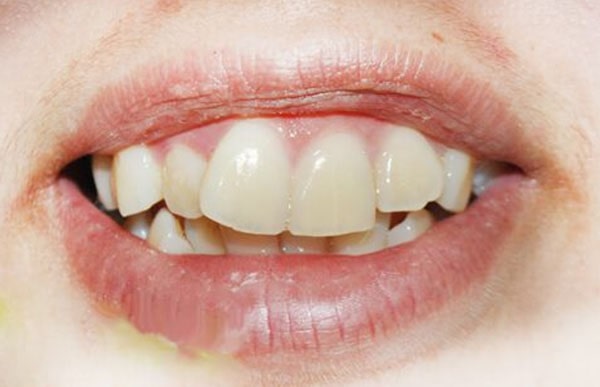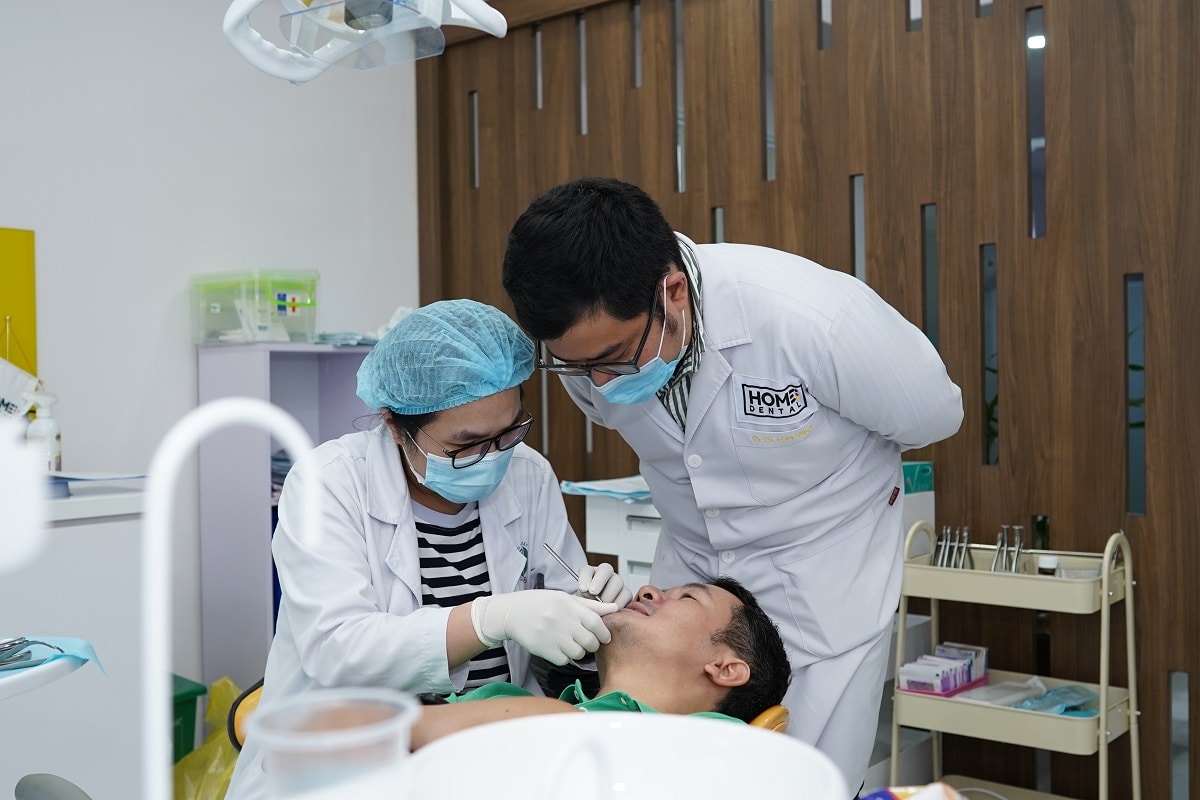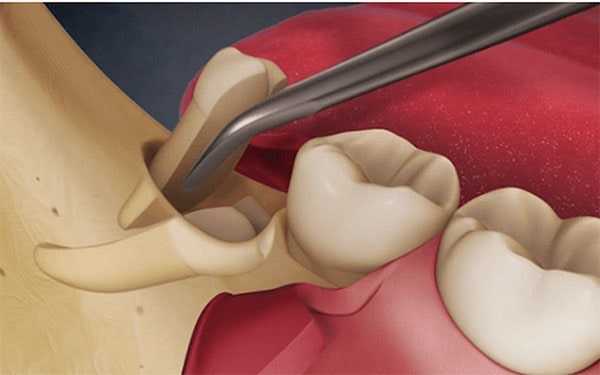Contents
Braces and Bone Loss – Can You Still Receive Treatment?
Jaw bone resorption is a condition where the bone in your jaw starts to deteriorate, leading to shrinkage and weakening of the jawbone. This condition can be brought about by various factors, including genetics, age, trauma, and bacterial infections. One of the most common questions asked by people with jaw bone resorption is if they can wear braces. In this article, we will explore this question and provide you with the answers you need.

Is It Possible to Wear Braces with Jaw Bone Resorption?
The severity of your jaw bone resorption plays a crucial role in determining whether you can wear braces or not. In some cases, the jaw bone resorption can be so severe that wearing braces is not an option. The jawbone may have weakened to such an extent that it cannot handle the pressure that braces exert on the teeth, rendering them ineffective. However, in mild to moderate cases of jaw bone resorption, you can still wear braces to achieve the desired results.
If you have jaw bone resorption and want to wear braces, your orthodontist will need to evaluate the condition of your jawbone. This evaluation will determine if your jawbone is strong enough to support the pressure that braces exert on the teeth. The orthodontist may recommend alternative treatments that apply less pressure to the teeth if your jawbone is too weak to handle braces. These alternative treatments will still help to straighten your teeth, but it may take longer to achieve the desired results.
It is essential to note that even if your jawbone is strong enough to handle braces, the treatment may take longer than usual. This is because the braces will exert less pressure on the teeth to avoid damaging the weakened jawbone. Your orthodontist will need to monitor your progress closely to ensure that your jawbone does not deteriorate further during the treatment.
In some cases, additional dental procedures may be required before the braces can be placed. One possible procedure is a bone graft, which involves taking a small amount of bone from another part of your body or using synthetic bone material to strengthen the bone in your jaw. This can help ensure that your teeth have a strong foundation to be moved into the desired position. Your orthodontist may also recommend other preparatory treatments, such as tooth extractions or palate expansion, to ensure the best possible outcome for your orthodontic treatment.
Risks of Wearing Braces with Jaw Bone Resorption
Pressure on the Jawbone
If you have jaw bone resorption and your orthodontist determines that it is safe for you to wear braces, there are some risks associated with this treatment option. One of the main risks is that the pressure exerted by braces can cause further bone loss in the jaw. This is because the pressure can accelerate the resorption process, leading to even weaker bones. To mitigate this risk, your orthodontist may recommend a slower treatment plan that applies less pressure over a longer period.
Loose Teeth
Another risk of wearing braces with jaw bone resorption is that the teeth may become loose due to the weakened jawbone. This can make it difficult to maintain good oral hygiene and increase the risk of tooth decay and gum disease. Your orthodontist will need to monitor your treatment closely and adjust it as necessary to ensure that your teeth remain healthy.
Increased Risk of Infection
If you have jaw bone resorption, you are at an increased risk of developing an infection. This is because the weakened jawbone is more susceptible to bacterial infections. Wearing braces can make it more difficult to maintain good oral hygiene, which increases the risk of infection. Your orthodontist will need to monitor your treatment closely and take steps to reduce the risk of infection.
What to Note When Wearing Braces with Jaw Bone Resorption
Regular Check-ups
If you have jaw bone resorption and want to wear braces, regular check-ups with your orthodontist are essential. Your orthodontist will monitor your progress closely to ensure that your jawbone does not deteriorate further during the treatment. They will also adjust the treatment plan as necessary to avoid further damage to your jawbone.
Good Oral Hygiene
Good oral hygiene is crucial when wearing braces with jaw bone resorption. The weakened jawbone is more susceptible to bacterial infections, which can lead to further bone loss and other oral health problems. Therefore, it is essential to maintain good oral hygiene practices, such as brushing and flossing regularly. Your orthodontist may also recommend using an antibacterial mouthwash to reduce the risk of infection.
Proper Nutrition
Proper nutrition is also crucial when wearing braces with jaw bone resorption. A diet rich in calcium and vitamin D can help strengthen your bones and promote bone growth. Foods such as milk, cheese, yogurt, and leafy green vegetables are rich in calcium and vitamin D.
It is also essential to avoid foods that can damage your braces or teeth, such as hard or sticky foods. These types of foods can put extra pressure on your teeth and weaken your jawbone further.
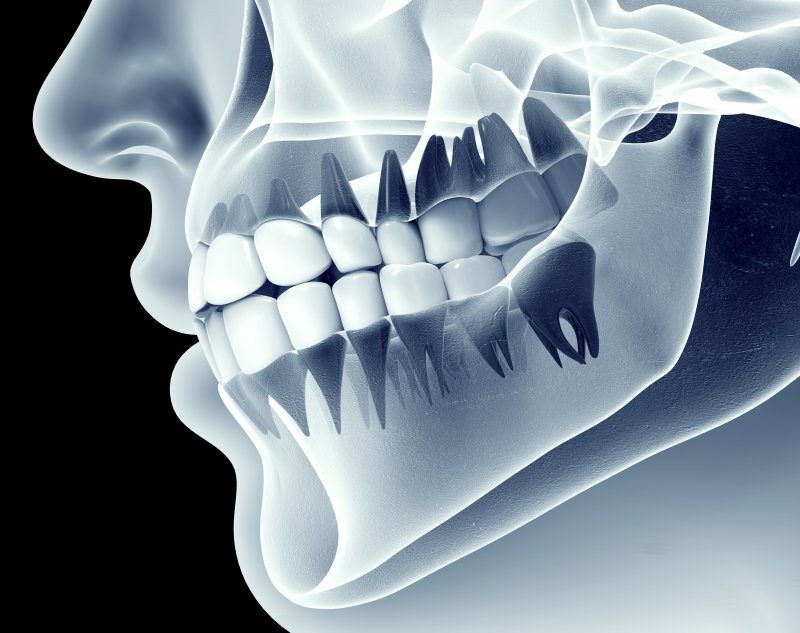
Alternatives to Braces with Jaw Bone Resorption
If your orthodontist determines that wearing braces is not an option due to the severity of your jaw bone resorption, there are several alternative treatments available that can help straighten your teeth. These treatments are designed to apply less pressure on the teeth and jawbone, making them safer for people with weakened jawbones.
Clear Aligners
One of the most popular alternative treatments is clear aligners, such as Invisalign. Clear aligners are custom-made to fit your teeth and apply gentle pressure to move them into the correct position. They are virtually invisible, making them a great option for people who are self-conscious about wearing braces.
Retainers
Another alternative treatment is retainers. These orthodontic devices are typically used to hold the teeth in their correct position after braces or clear aligner treatment. However, they can also be used on their own to help straighten teeth. Retainers are typically less noticeable than traditional braces and apply less pressure on the teeth and jawbone, making them a good option for people with weakened jawbones.
Removable appliances
Removable appliances, such as headgear or palate expanders, are also an option for people who cannot wear braces. These appliances can be used to correct bite issues and straighten teeth. They are less noticeable than traditional braces and apply less pressure on the teeth and jawbone, making them a comfortable and safe option for people with weakened jawbones.
In conclusion, wearing braces with jaw bone resorption is possible in some cases, but it depends on the severity of the condition. If you have jaw bone resorption and want to wear braces, it is important to consult with an orthodontist who can evaluate your condition and recommend the best treatment options for you. Remember that there are risks associated with wearing braces with jaw bone resorption, but with careful monitoring and adjustments, you can achieve a healthy, beautiful smile.


